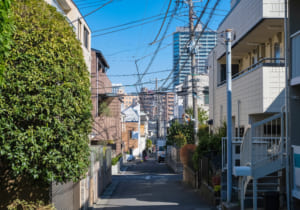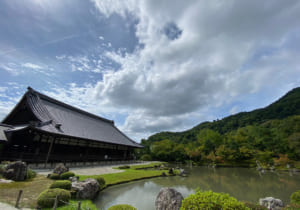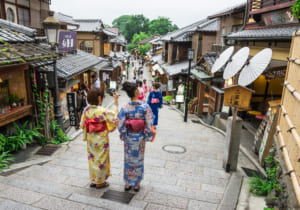- Real Estate in Japan
Would you like to invest in condominiums or detached houses in Tokyo?
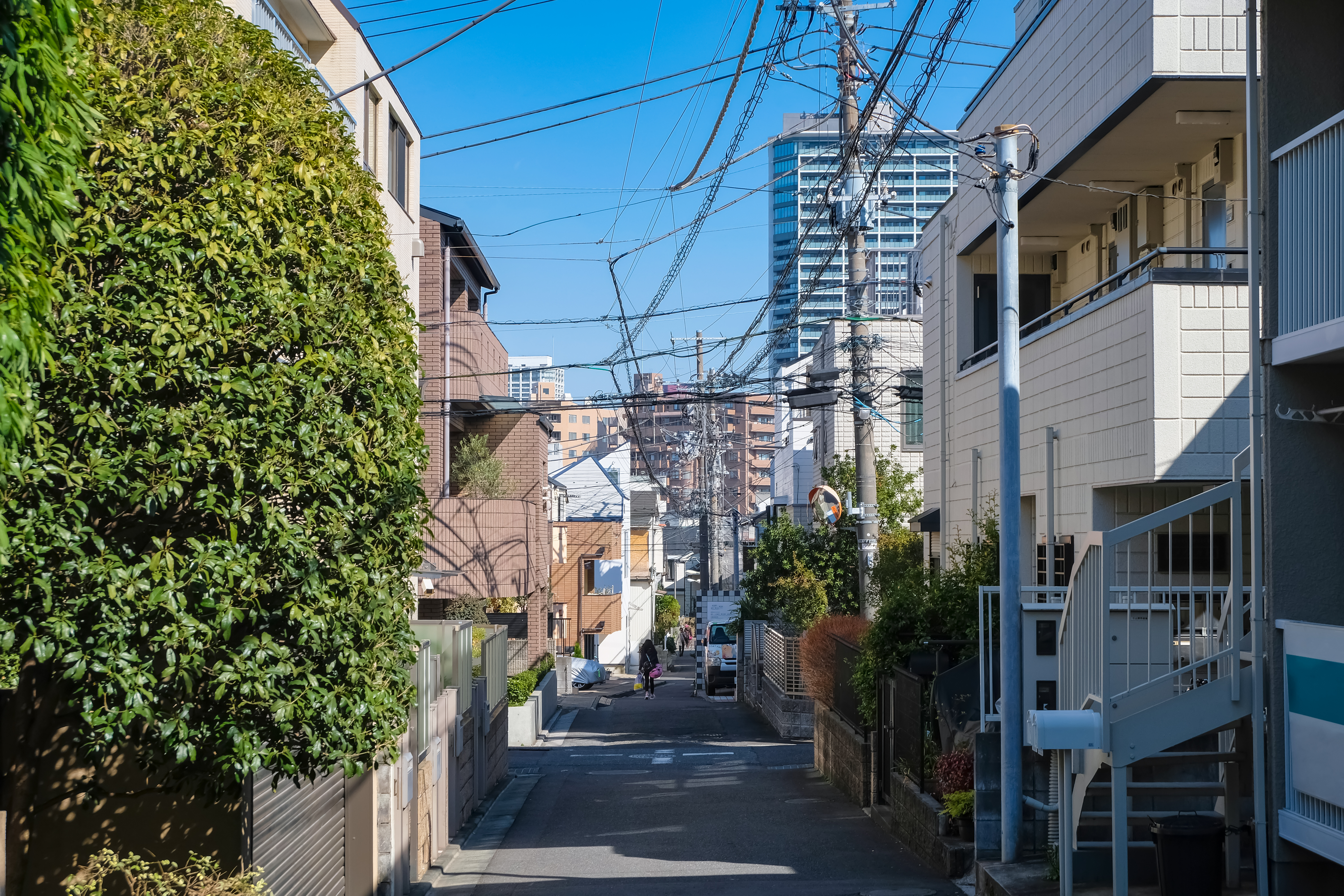
The number of foreigners purchasing Tokyo real estates, such as condominiums, detached houses, and commercial buildings is increasing. First of all, I would like to share three major points reasons why international investors are fascinated by Tokyo real estate.
One of the few countries where foreigners can take fee simple ownership.
Unlike other countries, Japan does not restrict foreigners from owning real estate, regardless of their visa status or nationality. There are no restrictions for foreigners whether or not they have a permanent residence permit, types of visa, or Japanese nationality in Japan. In the other words, foreigners are allowed to take ownership for owning both land and any buildings on it. In addition, there is no expiration date of proprietary rights are perpetual and properties can be purchased, sold, and bequeathed the inherited freely by foreigners. They just have to pay tax at the time of purchase or disposal as any Japanese national citizen would do.
Prices are less expensive than in other developed countries.
Based on the report from Japan Real Estate Institute (JREI), compared to other developed countries, Tokyo properties prices are less expensive. This is another reason why investment in Tokyo’s condominiums or houses is drawing the attention of foreign investors. Please find the data below as follows:
*Tokyo is set as 100 (JREI Report April 2021)
- Beijing 105.0
- Shanghai 126.6
- Hong Kong 204.0
- New York 93.2
- London 180.5
- Singapore 101.9
Japan is a low Country risk country
Japan is considered to be a jurisdiction country with low country risk. Country risk is that refers to the risk of price fluctuations due to the financial crisis or political instability arising in the country or region in which you are investing. For instance, country risk can be evaluated as high when the social and/or political situation is likely to change rapidly due to ethnic conflicts.
From the investing point of view, high country risk means low credibility as an investment destination. Japan is a rare region in Asia that is rated as A rank, with the lowest country risk. According to the Organization for Economic Co-operation and Development (OECD), only Japan and Singapore are rated A in Asia. Low country risk means that real estate prices are unlikely to plummet. Therefore, investing in Japan is welcomed by foreign investors as being a low-risk investment. However, Japan is already a well-developed country, we cannot expect a situation like in a developing country where the value of real estate rises due to rapid development. Still, real estate in Japan remains an attractive investment destination.
Would you like to invest in condominiums or detached houses in Tokyo real estate? Let’s focus on each type one now.
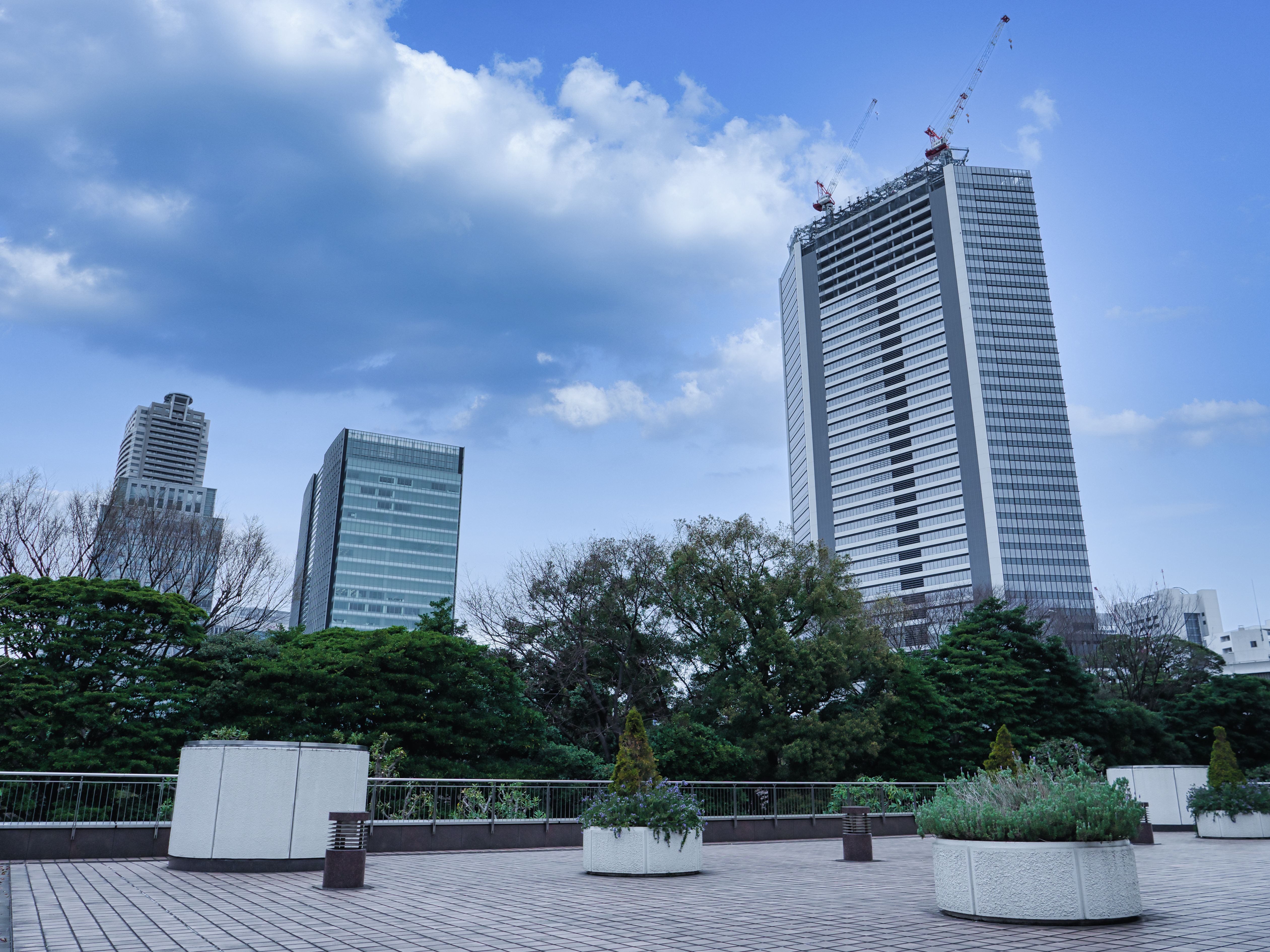
Pros and Cons for Condominiums in Tokyo
︎
The advantages of investing in condominiums are as follows:
1. Liquidity is relatively high
Condominiums in Tokyo are in high demand not only for investment but also for self-residence. High demand means more liquidity than for detached houses, which are often found in residential areas slightly away from the train station in Tokyo.
2. Long term operation is possible
If the condominium is constructed made of reinforced concrete or steel, the legal depreciable service life is 47 years old in Japan. In contrast, the legal depreciable life for wooden apartments and detached houses are 22 years old. The functional useful life of a residential property use is even longer than the legal depreciable useful life, so it can be operated for a long period of time.
3. It is easy to manage and maintain
When you invest in a condominium, you own your individual unit, but the common areas and the land areas are owned separately from the building, as an individual, do not have to worry about the boundaries with neighboring land or any “cross-border” issues. As for the common areas of the building, if the condominium has “a good homeowner’s management association” and a capable property management company, the burden of individual management will be much reduced. As I mentioned, it needs to be a good and responsible homeowner’s management association.
Since the unit owner must manage and maintain mainly the interior and the fixture equipment of the room, it can be said that it is easier to manage a condominium unit than the investment in a detached house.
4. Reserve funds for building and common area maintenance and repair cost
In a condominium investment, a fixed amount of money is paid out as a reserve fund every month in order to maintain, repair, and/or renovate the buildings and common areas in the future. In the other words, budgeting well and leveling the monthly payment for future maintenance and repair expenses and costs over a period of time reduces the impact of sudden cash flow needs that could arise at any moment. This preparedness is very important from an investment point of view.
The disadvantages of investing in Tokyo condominiums are as follows:
1. Susceptible to location factors and competing for similar properties
Condominium price investments are easily affected by location, such as the convenience of commuting routes to the center of Tokyo and access to the nearest train station or bus stop. Rental demand and rent level of the lease/rent may also be impacted by similar condominium properties in the neighborhood.
2. Cannot be freely renovated extended or remodeled in common areas
Since the condominium building is owned in common separately, it is not possible to freely remodel extend or renovate the common areas. Since the condition of common areas can also affect the rental demand from tenants, investment cash flow may become negatively impacted difficult when the rental demand declines due to the aging of the property.
3. Return of investment could be relatively low
When you invest in a condominium, that is in a good location and the relatively new, you can charge a higher rent will be high, but the investment cost will also be expensive. In the other words, the return on investment is relatively low. Condominiums in Tokyo are built in areas with abundant rental demand, but given the higher purchase cost certain needs can be expected, but it can be said that it might not be suitable for earning large profits.
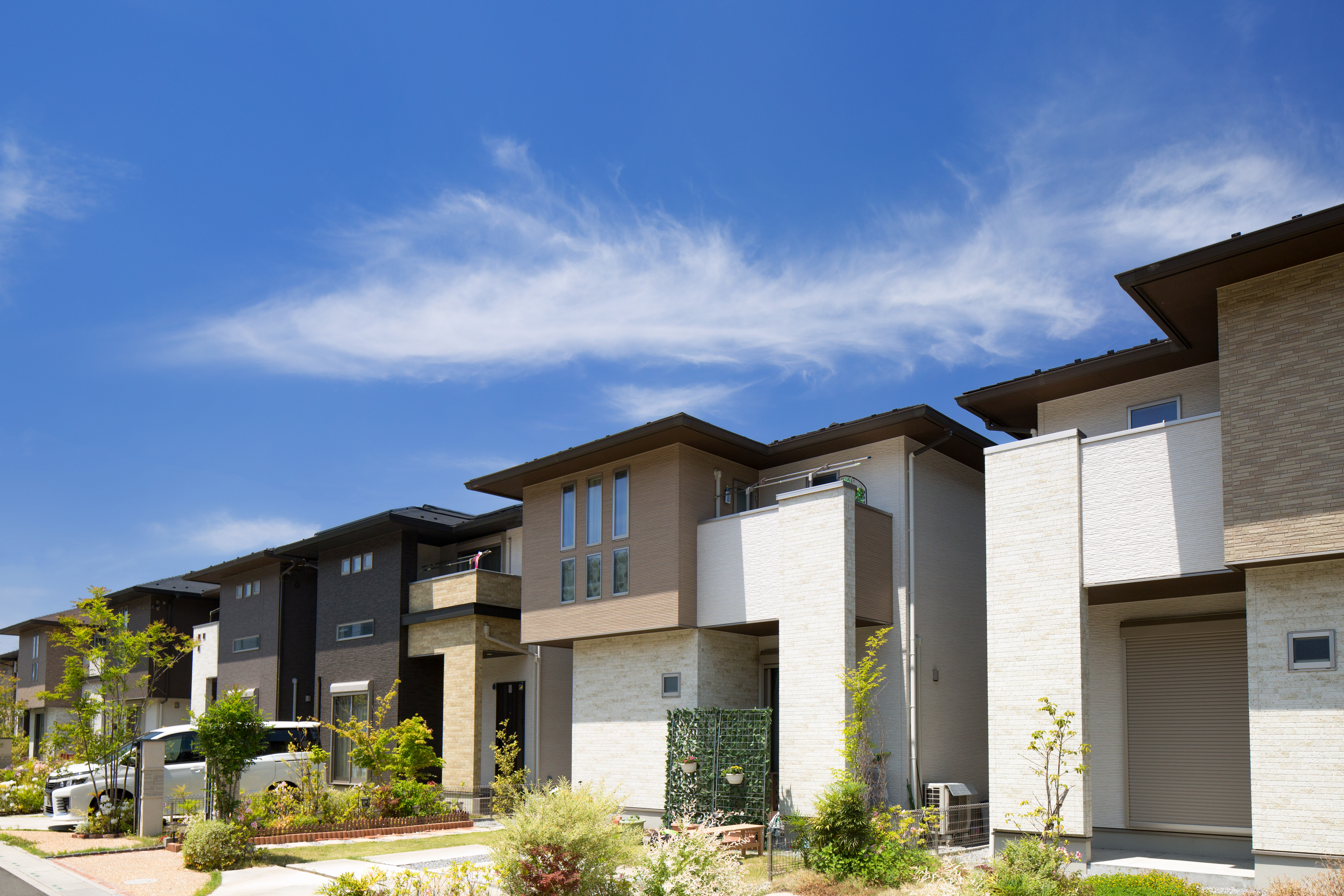
The advantages of investing in detached houses are as follows:
1. The asset value is unlikely to decline
When you invest in detached houses, the proportion of land value is larger than the structure, so it can be said that the total asset value is unlikely to decline. This is because the asset value of the building part depreciates and declines due to aging, while the asset value of the land part does not deteriorate over time, so the total asset value tends to stay stable and does not decline.
2. The period of residency occupancy tends to be longer
In the case of a detached house in Tokyo, the duration of the residency staying period tends to belong. It is because the family group, which is the target tenant group for single-family home investment, often moves in for a relatively long period of time to ensure a consistent with an emphasis on the educational environment for children. Moreover, once the residents become accustomed to the private space and the unique lifestyles of the detached house afford them to suit the resident, there are many cases where no alternative property can be found, and, for this reason, the period of residency occupancy tends to become long.
3. The influence of location is relatively minor low
Detached house investment is relatively unaffected by where the property is located condition of the location. Compared to the number of condominiums in Tokyo, the supply of detached houses is much smaller in the rental market. Many tenants find that condominiums do not offer ample space for privacy required for remote work. Therefore, these prospective tenants look for detached houses where good access to the nearest station and commuting to the city center becomes secondary in terms of priority and there are many cases where tenants are looking for privacy spaces that condominiums do not have, rather than good access to the nearest station and the center of the city.
Detached houses investment in Tokyo has the advantage of being able to meet the needs of such families as those with many children, those who have many pets, those who play musical instruments, etc. This makes an investment in detached houses a very viable option.
4. The investor-owner can manage the maintenance and manage repair cost by on yourself
In the case of a detached house, one of the advantages is that you can control the maintenance and repair costs by yourself. On the other hand, in the many cases of a condominium, a fixed amount of money is paid out as a reserve fund every month for condominiums, but if it is a detached house, it is up to the owner as to when and where there are no expenditures should be made for maintenance and repairs unless it is repaired on your own initiative. Depending on the investor’s investment strategy, it also can renovate to increase the value of the property which, in turn, could lead to in order to earn higher rental income depending on the investor’s investment strategy.
The disadvantages of investing in detached houses are as follows:
1. It takes more individual time and effort for proper management
Since the owner of a detached house also individually owns the has land, it is necessary to pay greater attention to the boundary issues with the neighbors’ adjacent land and the cross-border problem. You also have to be aware of what is beneath the land, such as underground water and sewage pipes, and manage the buried water and sewage pipes. Problems related to ownership of the land and usage rights can be difficult to resolve. It also may pose unexpected liability risks.
2. Maintenance and repair costs tend to be high
While you have full control over the timing and cost of maintenance and repairs based on can manage the repair costs with your own strategy. You will be responsible for all expenses related to the home’s repair costs such as interior, fixtures equipment, exterior, walls, and roof painting and roof maintenance. According to my experience meant, Japan has four distinct seasons, such as spring, summer, fall, and winter so it makes you need to provide extra care to maintain the wooden detached houses. It can be said that wooden houses in Japan are suitable only for experienced investors.
3. It can be highly individualistic
Detached houses may have the disadvantage of being more unique and individualistic than condominiums. Compared to condominiums, detached houses display less similarity to competing properties. This tends to make it difficult to predict rental income and the sales price that the property can attain.


